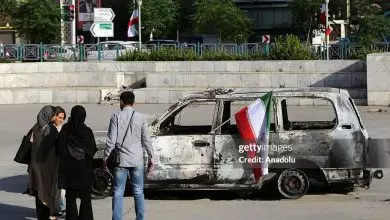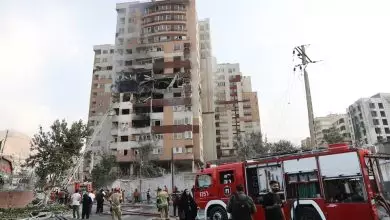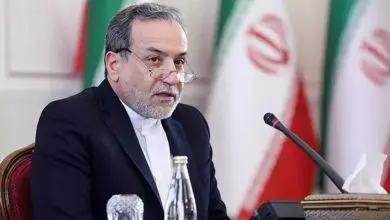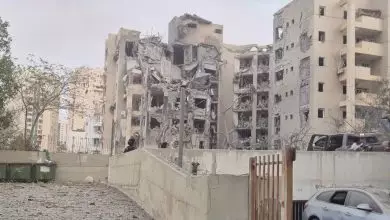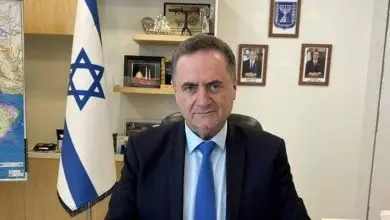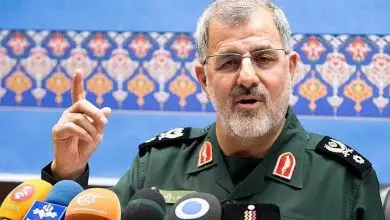Iran Talks Focus on Lifting ‘Cruel Sanctions’; No Direct Engagement with US Amid Ongoing Tensions
Iran has reiterated its stance against engaging in direct talks with the United States, citing that Washington's persistent use of pressure and threats is fundamentally at odds with the prospects for meaningful diplomatic engagement.
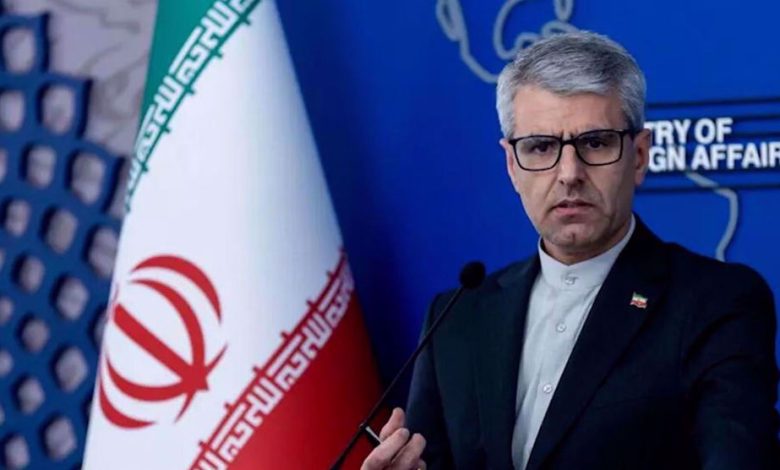
During a weekly press briefing on Tuesday, Foreign Ministry spokesman Esmaeil Baghaei emphasized Tehran’s steadfast position advocating for indirect, mediated dialogue. This call comes amid what Tehran views as persistent American breaches of international norms.
Baghaei reaffirmed that direct negotiations are “neither useful nor acceptable” for Iran, underscoring the Islamic Republic’s steadfast stance.
He stated that direct negotiations would be unfeasible while the rhetoric of pressure and threats persists, emphasizing that the United States’ coercive tactics have continuously undermined both the spirit and the provisions of international law.
An official cautioned that Washington’s concurrent hostile discourse and the imposition of unlawful and unilateral sanctions against the Islamic Republic are “laying the groundwork for the erosion of international norms.”
He highlighted that the United Nations Charter explicitly bans the use of force in international relations.
“Pressure and diplomacy are mutually exclusive, experts warn.”
In a statement, Baghaei emphasized that engaging in negotiations while imposing pressure, sanctions, and threats is an unacceptable approach. He affirmed that their stance on this matter has been clearly communicated.
A spokesperson indicated that the initiation of indirect negotiations was a result of Iran’s rejection of Washington’s coercive tactics.
In a recent statement, Baghaei highlighted that Tehran’s inclination towards indirect negotiations is not without precedent. He remarked, “Engaging in indirect talks is not an unconventional approach. This method has been utilized previously and is grounded in established experience.” Baghaei further stated, “It is essential to select a negotiation method in which we have confidence regarding its effectiveness.”
The statements followed indirect negotiations between the United States and the Islamic Republic, facilitated by the Omani Foreign Minister in Muscat, capital of Oman.
The statements from the Iranian official mirrored those expressed earlier this month by Foreign Minister Abbas Araghchi. He indicated that discussions with the US were futile unless Washington was willing to change its strategy.
Efforts continue to prioritize the removal of unauthorized sanctions.
Regarding the recent discussions held in Muscat, Baghaei noted that this session signaled the commencement of a revitalized negotiation process, wherein the involved parties presented their individual frameworks.
He emphasized that the primary concern revolves around lifting punishing sanctions, describing it as a serious and persistent demand that will remain a focal point of pursuit.
The United States has lifted certain sanctions in accordance with the Joint Comprehensive Plan of Action (JCPOA), the landmark 2015 nuclear agreement involving Iran and global powers. Despite this initial move, Washington reinstated the sanctions three years post-agreement and proceeded to impose additional pressure on the Islamic Republic through further coercive measures.
Baghaei emphasized Iran’s commitment to transparency in its nuclear policy, underlining that the country’s nuclear energy program is solely for peaceful purposes.
The official emphasized that Western powers have frequently mischaracterized the policy as a means to intensify tensions.
In relation to the ongoing indirect discussions, Baghaei stated that Oman continues to serve as the mediator and is in charge of coordinating the upcoming round of negotiations, which could potentially take place at a different venue than Muscat.
Officials have confirmed ongoing communications with Oman, stating that a final decision on the venue will be made and announced in due course.
Iran has asserted that it has never posed a barrier to economic collaboration, while accusing the United States of depriving its own citizens.
In response to the growing speculation surrounding American companies conducting business in Iran, Baghaei has called for measured calm and urged for accurate assessments in the matter.
The spokesperson stated that Iran has consistently facilitated economic cooperation and shifted the focus onto the United States, accusing its intricate legislation of hindering its own citizens from accessing such opportunities.
In a recent statement, Baghaei confirmed that Iran is maintaining its engagement with the other signatories of the 2015 nuclear agreement.
He stated that, from a legal perspective, the JCPOA continues to be a viable and active agreement, emphasizing Tehran’s continued commitment to engaging in discussions within its framework.
It was announced that Araghchi is set to visit Russia later this week as part of a pre-scheduled trip. The visit will also encompass discussions pertaining to US-Iran negotiations.
Simultaneously, Iran has persisted with its engagements in Europe, as evidenced by a recent visit by high-ranking diplomat Majid Takht-Ravanchi to the continent, according to official reports.
‘Ongoing Occupation of Palestine Identified as Catalyst for Regional Turmoil’
In addressing the overarching situation in the West Asia region, Baghaei highlighted that the continuous Israeli occupation of Palestinian territories remains a fundamental source of regional instability.
“The turmoil originates from the existence of an entity referred to as the Zionist regime and the ongoing occupation in the territories identified as occupied Palestinian lands,” he stated.
He denounced the regime as “the sole entity globally acknowledged as an apartheid system,” occupying the territories of not just one, but two nations.
Baghaei stated that the fundamental issue remains unacknowledged by Western parties, marking a critical point in ongoing discussions.

